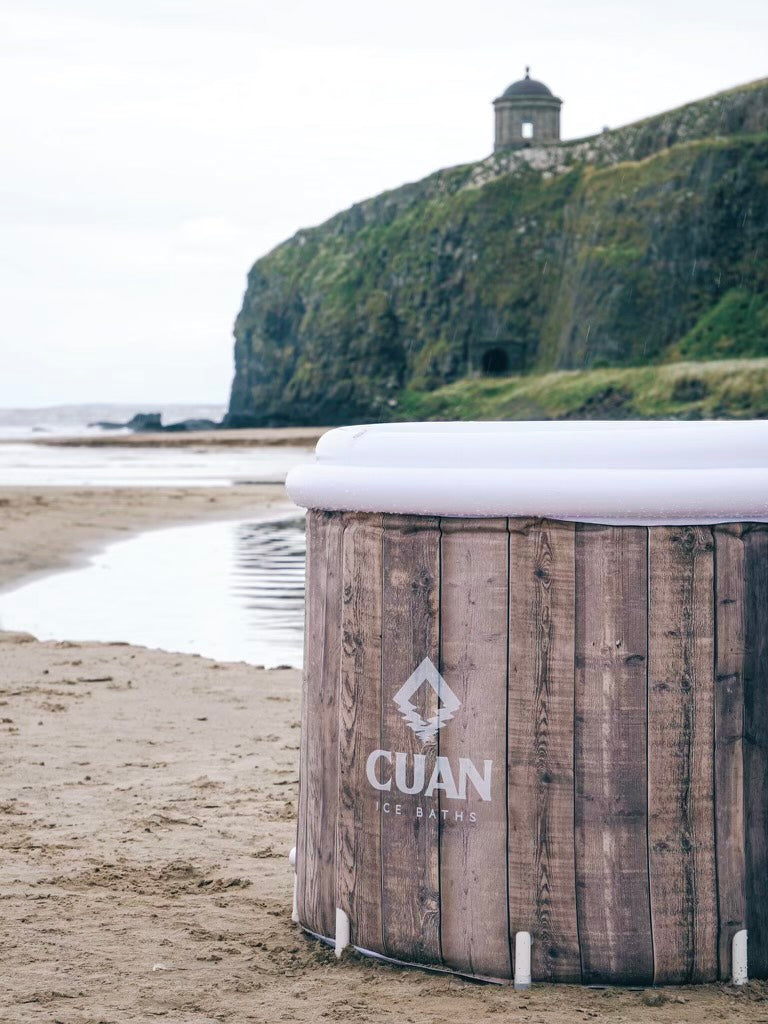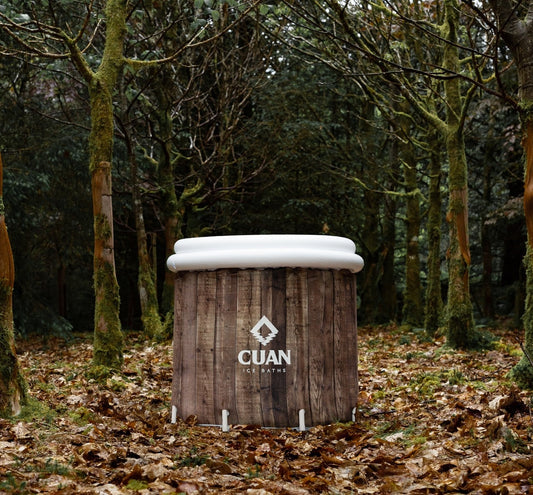At first glance, ice baths seem like a purely physical practice—an extreme way to soothe sore muscles and speed up recovery. But beneath the surface, cold water immersion is as much a mental challenge as it is a physical one. The moment you step into freezing water, every instinct tells you to get out. Your breathing quickens, your body tenses, and your mind races.
Yet, when you learn to stay calm in the discomfort, something powerful happens: you build resilience, sharpen your focus, and develop mental strength that extends far beyond the ice.
Why Your Mind Resists the Cold
Our brains are wired for comfort and survival. When exposed to extreme cold, the body's fight-or-flight response kicks in. Your heart rate spikes, blood vessels constrict, and stress hormones flood your system. It’s your body’s natural defence against harsh conditions.
But here’s the key: with practice, you can override that panic response. By controlling your breathing and embracing the cold, you teach your nervous system how to stay composed under stress. And this skill—learning to stay calm in chaos—has benefits that go far beyond the ice bath.
Training the Brain: The Mental Benefits of Ice Baths
Cold water immersion is a crash course in mental discipline. Here’s how it strengthens your mind:
1. Resilience & Stress Control
Every time you step into an ice bath, you're training your mind to manage stress. Instead of reacting with panic, you learn to breathe through discomfort and stay present. Over time, this translates into everyday life—helping you remain calm in high-pressure situations, whether at work, in training, or in personal challenges.
2. Increased Mental Clarity & Focus
Exposure to cold water triggers the release of norepinephrine, a neurotransmitter that enhances alertness and focus. Many people report feeling more mentally sharp and energised after an ice bath—like a natural reset button for the brain.
3. Emotional Regulation & Mood Boost
Cold therapy has been shown to reduce symptoms of anxiety and depression. The exposure to cold activates the vagus nerve, which plays a key role in regulating mood and emotional resilience. Plus, the post-cold dopamine rush leaves you feeling refreshed, positive, and ready to take on the day.
How to Use Ice Baths for Mental Training
If you want to use cold water immersion as a tool for mental resilience, follow these steps:
- Start slow – If you're new to ice baths, begin with short dips (1-2 minutes) and gradually increase your exposure.
- Control your breathing – Focus on deep, slow breaths. A steady exhale helps activate your parasympathetic nervous system, keeping you calm.
- Embrace the discomfort – Instead of resisting the cold, lean into it. Reframe the experience as a challenge rather than suffering.
- Stay consistent – Regular practice makes a huge difference. Aim for 2-4 sessions per week to build long-term mental strength.
Mind Over Matter: The Power of Choosing Discomfort
At the end of the day, ice baths aren’t just about recovery—they’re about mindset. They teach you to be comfortable in discomfort, to breathe through stress, and to strengthen both body and brain.
So, next time you step into the cold, remember: it’s not just your muscles getting stronger—it’s your mind too.
Ready to take the plunge? ❄️




